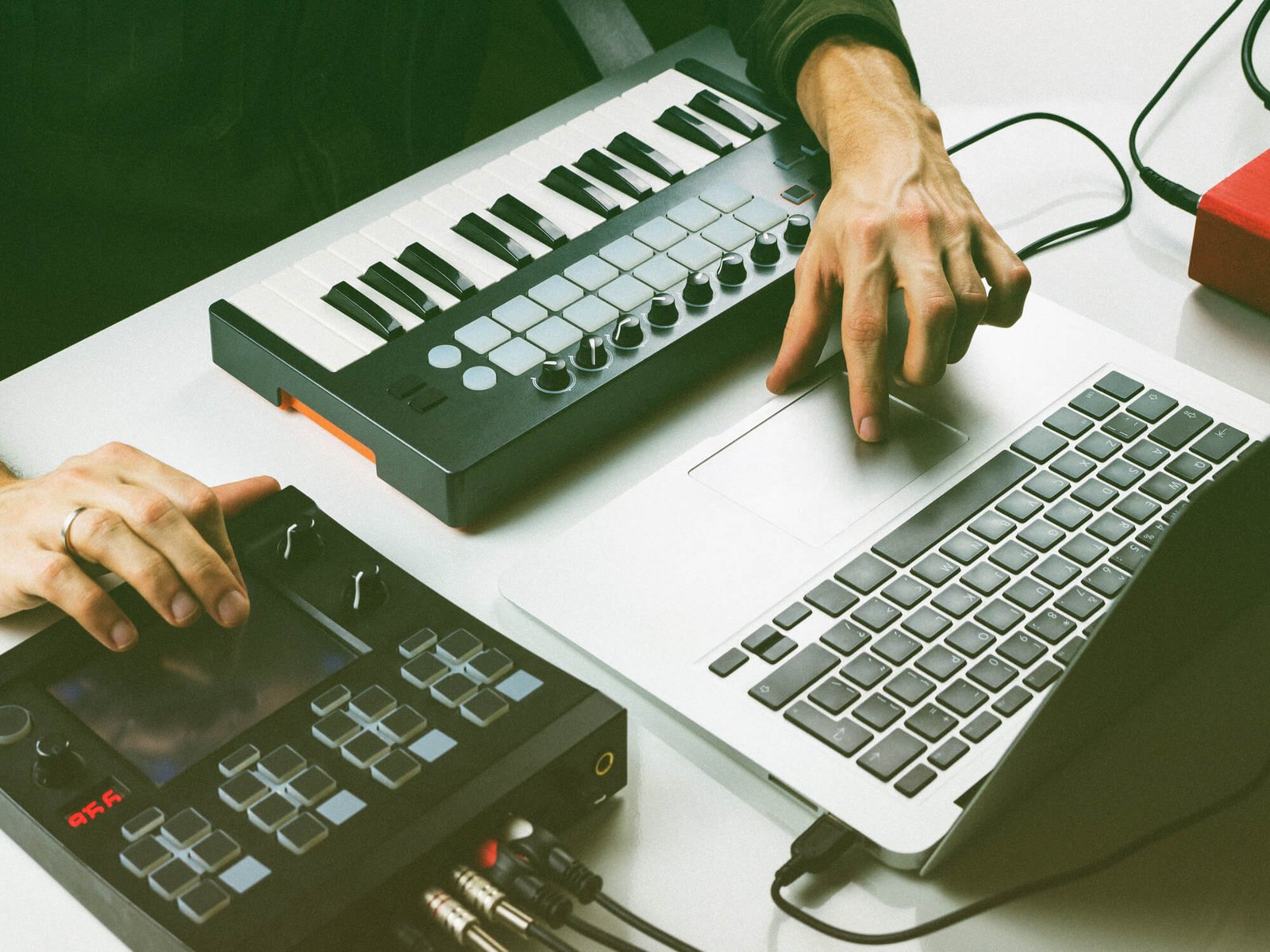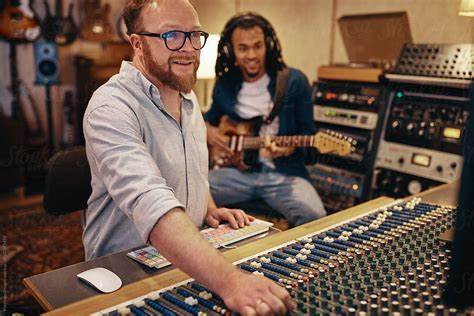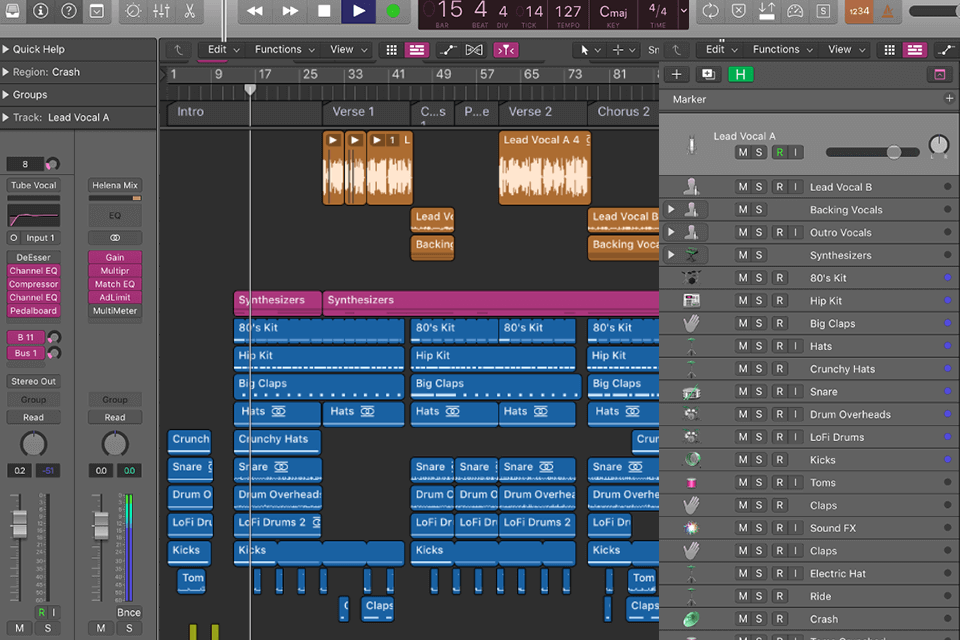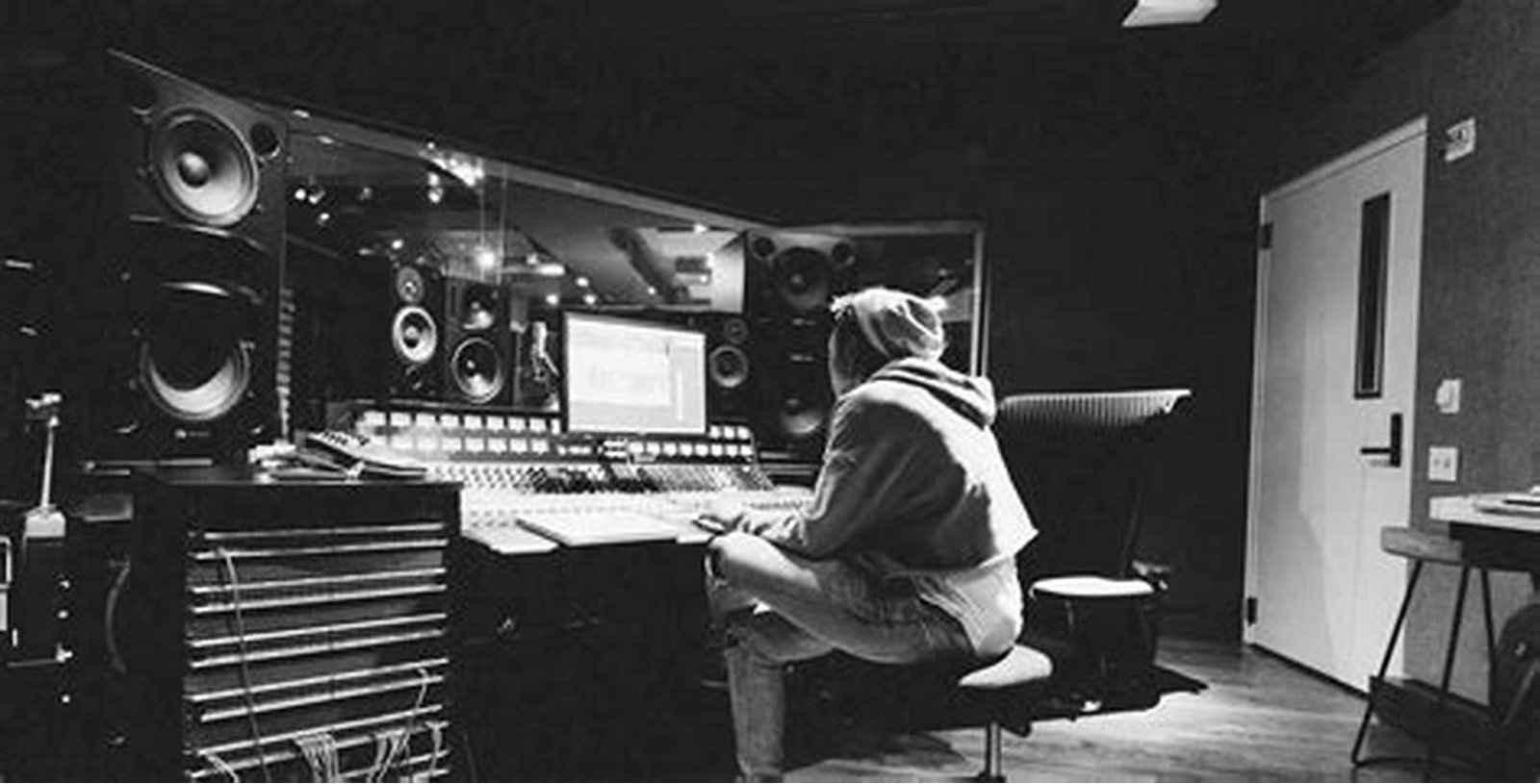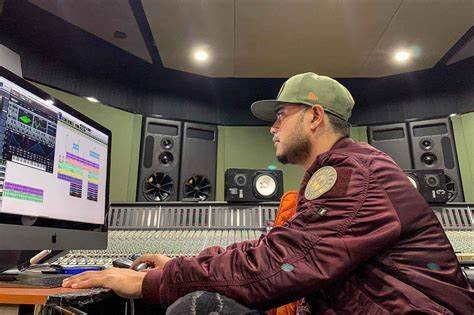Developing your own music production style is a key step toward becoming a successful and recognizable producer. Your style is what sets you apart from other producers, reflecting your creativity and musical influences. While it takes time and experimentation, developing a unique style allows you to produce music that is distinctly yours. Here’s a guide to help you build your own music production style.
1. Explore Different Genres
One of the best ways to develop your own style is by experimenting with different genres. This will help you understand various musical structures, rhythms, and elements that you can incorporate into your productions. Whether you’re into electronic music, rock, pop, or hip-hop, exploring different genres will give you the tools you need to create unique sounds and blend influences.
How to Explore Genres:
- Listen to music from a variety of genres
- Experiment with production techniques from different styles
- Combine elements from multiple genres in your tracks
2. Learn from Other Producers
While you want to develop your own style, it’s important to learn from the work of other producers. Study the techniques of producers you admire. Pay attention to how they structure their songs, use effects, or manipulate sounds. This can help you gain insight into how to refine your own style, without copying someone else’s.
How to Learn from Others:
- Analyze your favorite tracks and producers
- Break down the arrangements and techniques used in their music
- Incorporate what resonates with you into your own work
3. Experiment with Sound Design
Sound design is a crucial part of any music production style. By experimenting with synthesizers, drum kits, effects, and samples, you can create a unique sound that reflects your style. Don’t be afraid to play around with unconventional sounds or create your own from scratch. This experimentation will help you define your sonic identity.
How to Experiment with Sound Design:
- Explore virtual instruments and synthesizers
- Create custom samples or manipulate existing ones
- Try using non-traditional sounds like field recordings or environmental noise
4. Develop a Signature Workflow
Your workflow can significantly influence your music production style. Some producers focus on writing melodies first, while others start with rhythm or sound design. Developing a workflow that fits your creative process will help streamline your work and ensure you’re producing music that feels authentic to you.
How to Develop a Signature Workflow:
- Identify the part of the production process you enjoy most (melody, rhythm, mixing, etc.)
- Organize your projects to match your natural flow
- Stick to a workflow that suits your creative process, even if it’s unconventional
5. Use Unique Sampling Techniques
Sampling is a popular tool in many genres, especially in electronic music and hip-hop. By finding or creating unique samples, you can develop a sound that’s recognizable as your own. Whether you’re sampling obscure tracks, using field recordings, or manipulating existing sounds, sampling can give you a distinct sound that sets you apart from other producers.
How to Use Sampling Creatively:
- Sample from less-known or obscure sources to make your tracks unique
- Manipulate samples to create entirely new sounds
- Combine samples from different genres or time periods to create a fresh blend

6. Collaborate with Other Artists
Working with other musicians, vocalists, or producers can help you discover new techniques and approaches to music production. Collaboration introduces you to different perspectives and can push you to experiment with new sounds or ideas. By blending your influences with those of others, you can further refine your own style.
How to Collaborate Effectively:
- Work with different types of artists to expand your musical horizons
- Take note of new techniques or ideas that spark inspiration
- Don’t be afraid to step out of your comfort zone and try new approaches
7. Refine Your Mixing and Mastering Techniques
Your mixing and mastering techniques are just as important as your production style. These processes will help define the overall sound and feel of your tracks. By experimenting with EQ, compression, reverb, and other effects, you can create a polished, professional sound that represents your style. Over time, refining your mixing techniques will help solidify your unique sonic fingerprint.
How to Improve Mixing and Mastering:
- Learn the fundamentals of mixing and mastering
- Develop your own approach to balancing elements like vocals, instruments, and effects
- Focus on achieving a polished, consistent sound in every track
8. Stay True to Your Musical Influences
While it’s important to be innovative, staying true to your musical influences is essential in developing a unique style. Your taste in music, favorite producers, and the genres you love will naturally shape your sound. By drawing from your personal musical preferences, you can create something that feels authentic and speaks to who you are as a producer.
How to Incorporate Your Influences:
- Take inspiration from your favorite artists, albums, or genres
- Fuse elements of your influences with your own ideas and creativity
- Stay genuine to your musical identity while pushing the boundaries
9. Stay Open to Growth and Change
Your music production style will evolve over time. As you gain more experience and experiment with new techniques, your sound will naturally change. Embrace this evolution and stay open to growth. Developing a style doesn’t mean you have to limit yourself to one sound—it’s about refining your approach and finding what works for you.
How to Embrace Growth:
- Continuously experiment with new techniques and styles
- Accept that your sound will evolve with your experience
- Don’t be afraid to make changes if something feels right
Conclusion
Developing your own music production style takes time, experimentation, and a willingness to learn. By exploring different genres, learning from other producers, experimenting with sound design, and refining your techniques, you can create a unique style that reflects who you are as an artist. Stay true to your influences while also embracing new ideas, and over time, you’ll build a sound that is entirely your own.







